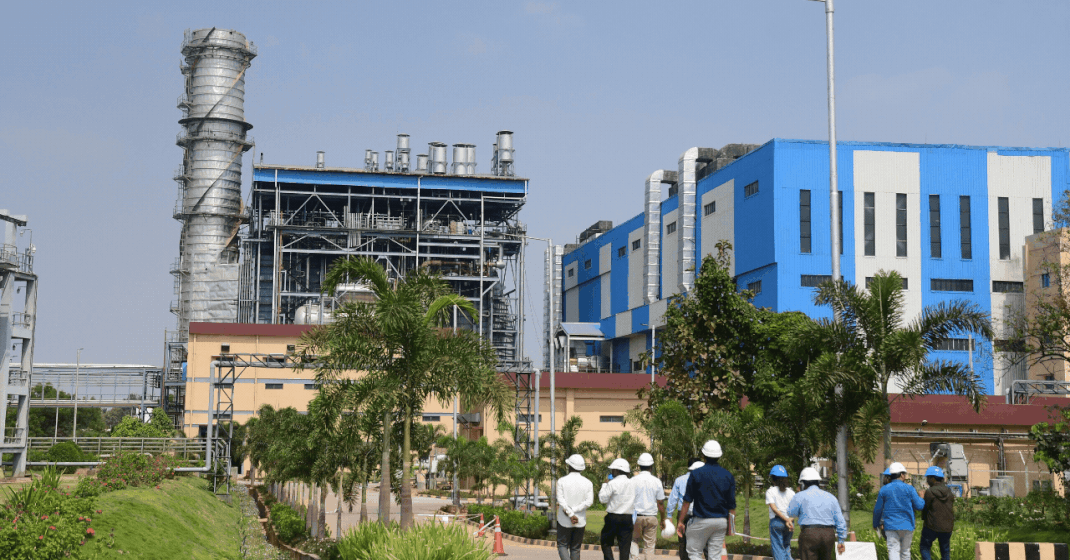In an exciting development for Karnataka’s energy sector, Bengaluru is set to welcome its first gas-based Combined Cycle Power Plant (CCPP) this July. This 370 megawatt (MW) facility, established by the Karnataka Power Corporation Limited (KPCL), marks a pioneering effort in the state’s move towards more efficient and environmentally friendly power generation. Karnataka’s Energy Minister, K J George, announced that the plant, located near Yelahanka, will be commissioned in the second week of July.
Transforming Karnataka’s Energy Landscape
This new CCPP is a milestone for Karnataka, being the first instance where a government organization will produce gas-based electricity. The plant’s advanced technology promises significant improvements in efficiency and output, positioning it as a key player in the state’s energy strategy.
The Benefits of Combined Cycle Power Plants
Combined Cycle Power Plants are known for their superior efficiency compared to Single Cycle Power Plants. The CCPP in Bengaluru will generate 50% more electricity, utilizing both gas and steam turbines. Specifically, the plant will produce 236.82 MW through a gas turbine generator and 133.25 MW via a steam turbine generator. This dual-turbine setup not only maximizes energy production but also reduces carbon emissions, aligning with global efforts to mitigate climate change.
KPCL’s Achievement
The successful completion of the pilot production cycle underscores KPCL’s capability in executing large-scale energy projects. This gas-based power plant is set to significantly contribute to meeting the growing electricity demands of Bengaluru and its surrounding areas. Minister K J George highlighted the plant’s importance in diversifying Karnataka’s energy sources and enhancing the reliability of the power supply.
Environmental and Economic Impact
Switching to a gas-based power plant brings notable environmental benefits. Natural gas is a cleaner-burning fossil fuel compared to coal, resulting in fewer greenhouse gases and pollutants. This transition supports Karnataka’s commitment to reducing its environmental footprint and promoting sustainable energy practices.
Economically, the plant’s construction and operation have generated employment opportunities, stimulating local development. The enhanced energy reliability and capacity are expected to attract more investment, further boosting the region’s economic growth.
Future Prospects
The launch of the 370 MW gas-based power plant near Yelahanka represents a significant step towards a more sustainable and efficient energy future for Karnataka. By adopting advanced CCPP technology, the state is setting a new benchmark in the Indian energy sector. This project exemplifies Karnataka’s dedication to innovation and sustainability, paving the way for future energy initiatives.
As Karnataka continues to evolve its energy infrastructure, the successful commissioning of this CCPP will serve as a model for similar projects across the country. The increased efficiency and reduced environmental impact of gas-based power generation will play a crucial role in meeting India’s energy needs while addressing global environmental challenges.
The upcoming launch of Bengaluru’s first gas-based 370 MW power plant is a transformative development in Karnataka’s energy sector. With its cutting-edge Combined Cycle technology, the plant promises enhanced efficiency, reduced emissions, and significant economic benefits. This project highlights KPCL’s and Karnataka’s commitment to sustainable energy solutions and marks a pivotal step towards a greener and more efficient future.

